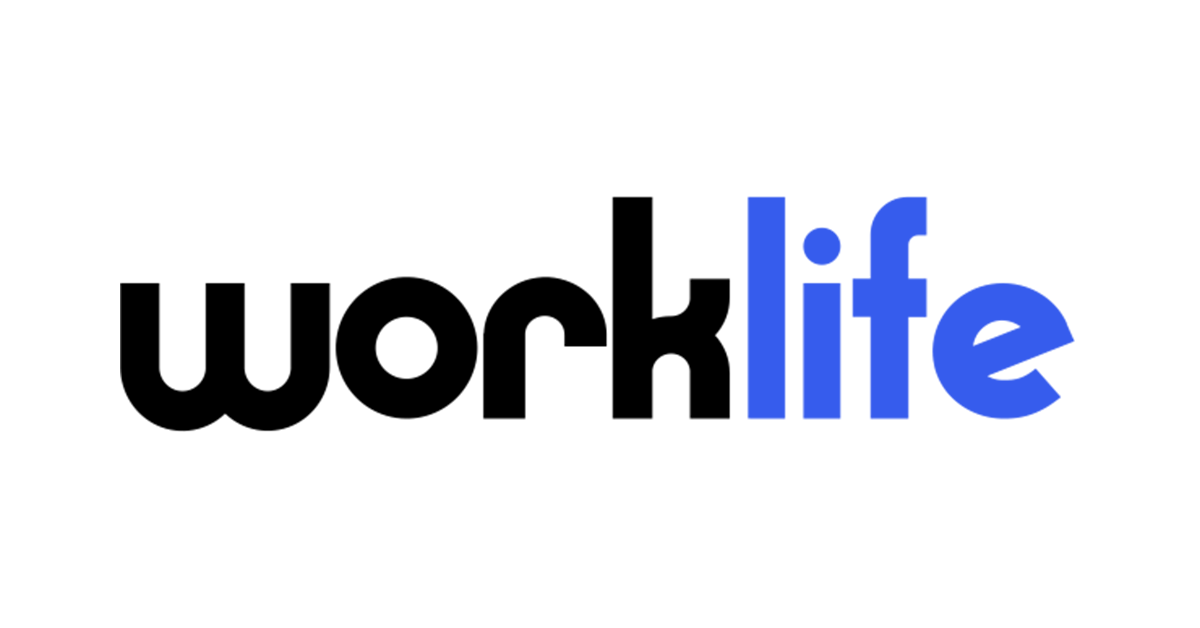As HR and employee relations leaders, we’re all charged with taking care of our teams as we work through this pandemic. We’re answering questions, investigating issues, managing anxiety, guiding managers as well as team members.
But what about our own questions? As I said in an earlier post, there’s no playbook for this situation. And employee relations and HR professionals aren’t only answer people – we need help, too.
Today, I want to share part 1 of advice  shared by the Employee Relations Roundtable. If you’re not familiar with it, the Roundtable is the only community for Employee Relations leaders, composed of more than 150 senior professionals from top organizations. They’re helping each other navigate this crisis – and I hope their practical wisdom helps you, too.
shared by the Employee Relations Roundtable. If you’re not familiar with it, the Roundtable is the only community for Employee Relations leaders, composed of more than 150 senior professionals from top organizations. They’re helping each other navigate this crisis – and I hope their practical wisdom helps you, too.
I’ll continue this next week with a discussion of pay practices and contingent workers. Meantime, here are some key questions we’ve fielded:
1) What employee issues should I be documenting and tracking?
Most of the Roundtable members are actively documenting and tracking employee issues related to COVID-19, which is smart. It’s important today so you can see what issues are related to the pandemic, and so you can learn later. Without tracking and data, it will be impossible to analyze patterns and data later – where incidents arose, how patterns tracked to outbreaks and more.
So what are they documenting and tracking? Here are the top 5 issues:
- Accommodations
- Behavioral Issues
- Exposure
- Leave Management
- Performance
They’re also tracking retaliation and discrimination. For the complete overview of best practices in documentation and tracking, read the results of this survey. For some, investigations have dropped; for others, they’re still conducting, them, just virtually. For more, see the next question.
2) How can I best conduct investigations virtually (or when working from home)?
Even during a pandemic, workplace investigations still happen. Luckily, virtual investigations are commonplace already, and our employee relations experts have some excellent advice in this area.
Here are some best-practice tips from the HR Acuity Employee Relations Roundtable for conducting a virtual investigation:
- Use technology like video conferencing whenever possible – it’s always best to see the interviewee.
- Use a split screen so you can look at the interviewee while still taking notes.
- Acknowledge any awkwardness and possibility of home noise upfront.
- Confirm policies around note-taking upfront.
- Ensure privacy and make sure interviewees are in a confidential location.
Most of all, it’s an investigation – standard best practices apply.
Need a refresher? Download our guidelines for fair HR investigations
3) How do I address staffing challenges with school and daycare closures?
Many of us are parents as well as HR leaders, and so are our employers. We’re all well aware of the challenges posed by school closing and kids at home.
So how are HR pros handling the school closures and lack of child care?
The approaches vary but include the following:
- Offering added paid time off
- Offering backup childcare
- Getting creative with flex time and split shifts
4) How do I ensure the safety and security of employees?
Keeping and employees safe and secure is paramount on all our minds, whether it’s physical – as in stores or in offices – or mentally. Beyond remote work and social distancing, HR teams are:
- Installing physical shields at points of sale
- Spreading out employee desks
- Encouraging use of Employee Assistance Program for mental health and anxiety
- Supplementing pay and extending and expanding benefits
Finally, HR and ER teams have also gotten creative and are leading from a place of compassion, understanding that the new environment is a strain not only on employees but on their lives. A few of the fun and flexible ideas we heard include:
- Partnering with the Educational Training department to develop home activities for kids
- Executives donating vacation accruals to employees
- Creative training for managers to support working from home
The flexibility is impressive – and it’s obvious that we’re all leading values first — not that that was ever a question.
A big thank you to all our employee relations experts for sharing their advice. I look forward to discussing Part 2 with you next week. Until then, stay safe, healthy and let me know if you have any questions. I’m at dmuller@hracuity.com.
And don’t forget – you can find all these resources and more at our COVID-19 Resources Center. We want to help.
All our best, Deb.




